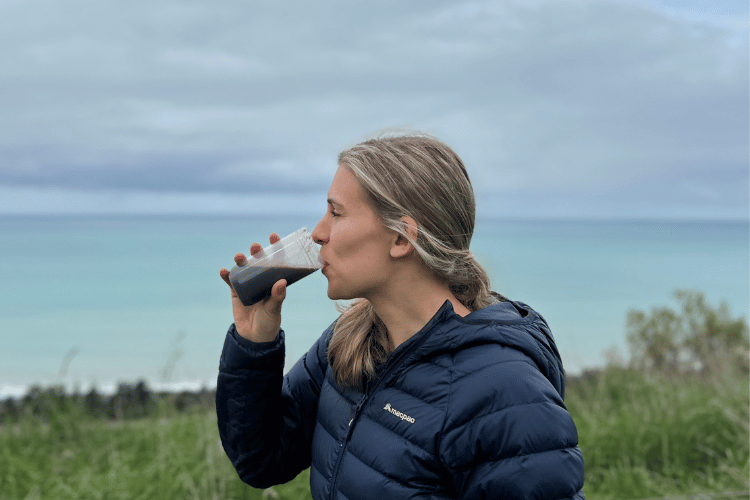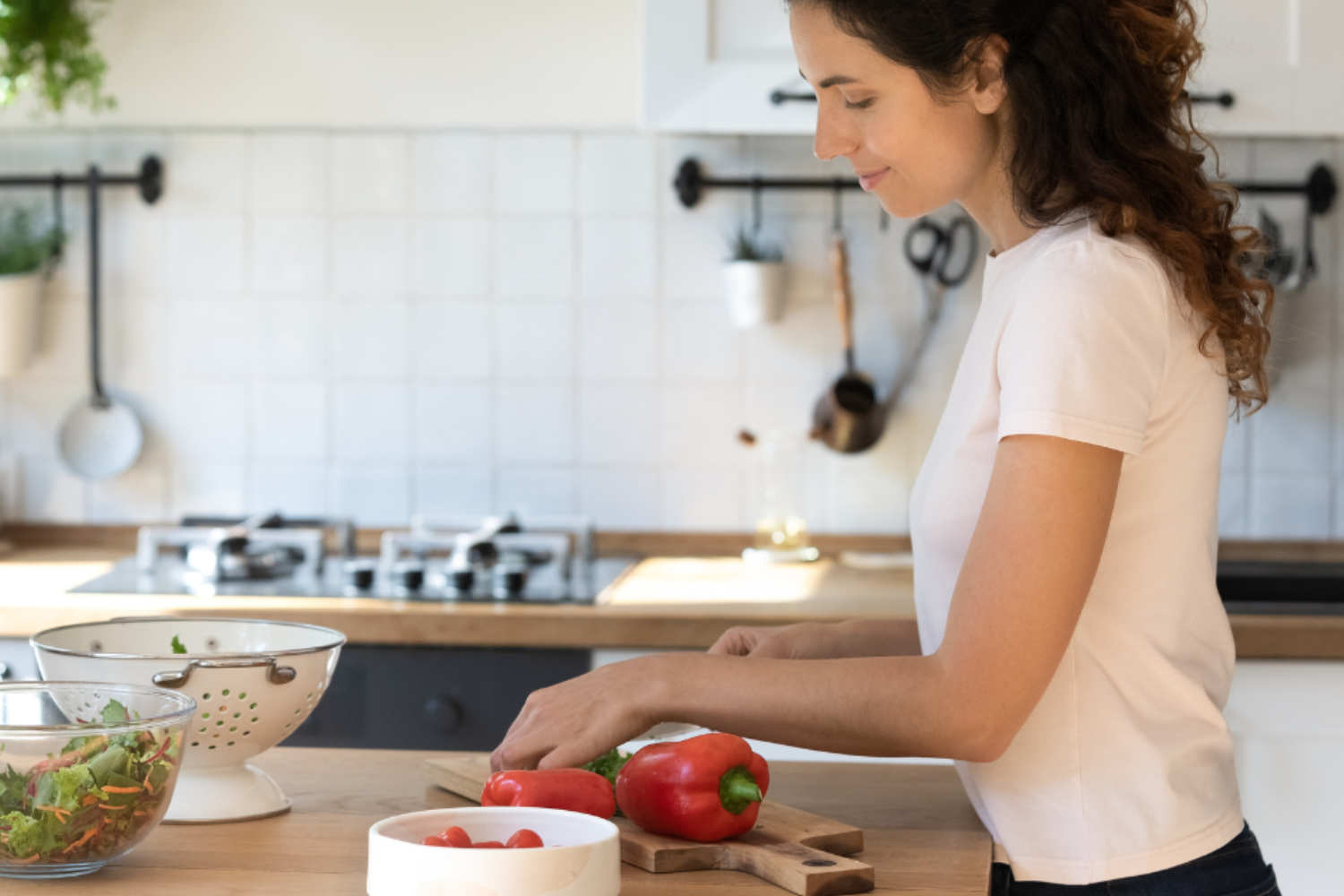As the famous saying goes… “You can’t pour from an empty cup”.
Women are often the centre of every household, particularly when they’re also a mum! From the moment they wake up to the moment they go to bed they are thinking of others before themselves. Making breakfast for the kids, getting them ready for school on time, looking after them, all while keeping on top of managing chores and a career - all of this before they can think about themselves! But to give 100% we need to be nourished and well rested. Good nutrition is essential for good health. Optimum nutrition is related to improved infant, child and maternal health, stronger immune systems, safer pregnancy and childbirth, lower risk of non-communicable diseases (such as diabetes and cardiovascular disease), and longevity. Women’s health can be very broad - from mental to hormonal and even physical, but from what we know it appears nutrition and exercise are a common theme for keeping on top of it all.
Mental Health
The Mental Load is the invisible labour that is involved in managing a household. This is often referred to as “cognitive labour” and is not so much about the physical tasks but the overseeing and delegating of those tasks. For example, a recent study shows that nearly 9 in 10 mothers say they feel solely responsible for organising the family's schedules, and the burden left them feeling overwhelmed, exhausted, and unable to make space for their own self-care. This can often lead to stress, anxiety, and burnout.
This shows that looking after your mental health is just as important as your physical health. In an interview with University of Canterbury, Professor Julia Rucklidge talks about the incredible effects micronutrients can have on your mental health. Stress puts our bodies into fight or flight mode which can deplete the nutrients in our bodies, so it’s especially important to make sure you’re eating a well balanced diet full of the right nutrients when you’re starting to feel overwhelmed and tired.
Listen to the interview with Julia Rucklidge.
Hormonal Health
Women’s hormones, oestrogen and progesterone, have the most significant effect on a woman's health, and it’s something that is seemingly invisible. These hormones are responsible for regulating metabolism, sexual function, growth, and mood to name but a few. Women’s hormones constantly change throughout life, and while some changes are normal, a hormonal imbalance can be debilitating. A hormonal imbalance can manifest itself in many different ways such as; weight loss, weight gain, thirst, memory fog, acne and so many other ways. It can sometimes be difficult to identify, but there are ways you can help regulate your hormones. You can exercise regularly, keep to a regular sleep schedule, and eat well - nourish yourself with a diet high in fruits, vegetables, whole grains, protein, and healthy fats. Nutrition can be super beneficial for memory fog. Research has shown that blackcurrants improve memory, attention and cognitive function. Chlorophyll (the natural compound that gives plants their green colour) helps with acne scarring and the prevention of acne which is another great addition for those suffering hormone imbalances.
As women get older they experience peri-menopause and then menopause, and the suggestions on how to best manage these changes are unsurprisingly the same as the above.
Physical Health
Physical well-being is sustained by eating a diet of varied fruits and vegetables, sleeping well, exercising, and drinking water. It’s also important to make time for regular check-ups such as screenings for breast and cervical cancers. These are often daunting and time consuming especially when you are having to look after others. It can seem near impossible to find the time, but it is an important part of preventative self-care.
When you're super busy and struggling to make sure you're eating well, then don’t forget that a scoop or sachet of Nutrient Rescue a day is a helping hand, making sure that you're getting that nutritional top up to boost your physical, mental, and hormonal health as best you can. 30 seconds a day is all it takes to help make sure you’re able to give 100%. And give yourself a pat on the back for doing a fantastic job!
References:
https://link.springer.com/article/10.1007/s11199-018-1001-x
https://pubmed.ncbi.nlm.nih.gov/29343201/













